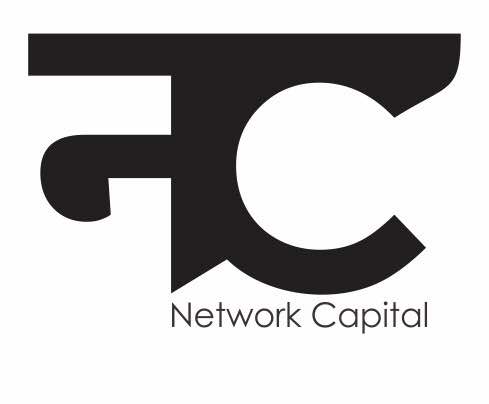Ed-Tech Fellowship
The great unbundling of education
The great unbundling
The change in attitudes
Fellowship Structure
Live Expert Sessions
To provide you actionable insights and structured approach to understand the Ed-Tech landscape.
Group Sessions & 1:1 mentoring
Workshops & peer-groups to help you discuss and share your ideas on Ed-Tech
Build your thesis on Ed-Tech
At the end of the fellowship, you will be equipped to build you understanding of Ed-Tech and will be presenting it to the cohort.
Faculty Members
Join our newsletter
Get updates on new masterclasses, podcasts, & fellowships.
Thank you!
Frequently asked questions
Who is this fellowship for?
While this fellowship is open for anyone who is exploring the domain of Ed-Tech, some specific people for whom it might be helpful include -
1. Scholars and researchers working in the space
2. Policy professional working build educational systems.
3. Entrepreneurs solving for Ed-Tech
4. Operators and executives working at Ed-Tech companies
5. Investors investing in the space.
1. Scholars and researchers working in the space
2. Policy professional working build educational systems.
3. Entrepreneurs solving for Ed-Tech
4. Operators and executives working at Ed-Tech companies
5. Investors investing in the space.
What would the fellowship schedule look like?
We would have live faculty-lead sessions on the weekends between 7 to 11 pm IST.
1:1 office hours will be held everyday. You can book a slot as and when you like.
All fellows would be assigned accountability groups with whom you’ll be working.
1:1 office hours will be held everyday. You can book a slot as and when you like.
All fellows would be assigned accountability groups with whom you’ll be working.
What if I miss a session?
You will have access to the recordings of all sessions. You can go through that.
I would like to gift this fellowship to someone. How can I do that?
You can gift this fellowship and a Network Capital subscription to someone here.

